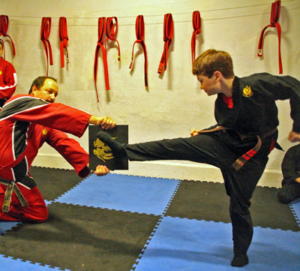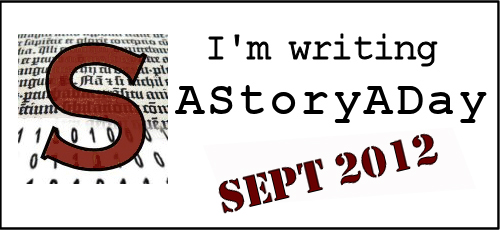I’ll tell you this up-front: I’m an optimist, a romantic. I like my heroes larger than life and my endings to, well, end. I get impatient with stories that are just like life: a little change here and there, but then they just stop and life goes on. I can appreciate stories like that. I can admire them. But I can never love them, or their protagonists.
The title of this Grace Paley story, “Goodbye and Good Luck” was an implicit promise from the author to the reader that this story would have a real change in it, that life wouldn’t just trickle on as before.
This was the first story I’m aware of having read that was written by Grace Paley, so I didn’t know if I could trust her to deliver on that promise, but she did.
Not only does the story have a beginning, a middle and a satisfying end, it has a real character as its protagonist — and I say that not in the literary sense, but in the way your grandmother would have said it: “Oh yeah, that Rosie. She’s a real character!”
Written in the first person though, the character doesn’t seem outsized. That, I thought, was an interesting lesson for writers. Just as your villain never sees himself not as the villain in someone else’s story but the hero of his own, truly remarkable characters don’t see themselves as remarkable. They are just as they are. Telling the story from their perspective is an interesting way of avoiding moralizing or lionizing or any other kind of -izing.
At the start of this story Rose begins to tell her niece Lillie, the story of her life. I was a little adrift at first, trying to figure out who was talking and where and when and why. I didn’t understand the rhythms of her speech or the minutiae of all the things she referred to. But as soon as I relaxed and let the story go, I realized it was useful. My unfamiliarity with the world of the story made it seem more realistically set in its own time and space. The author didn’t need to waste time explaining what “novelty wear” was. It was enough that the character, Rosie, knew. Perhaps even her niece didn’t know but Rose bulldozes on, telling her own story from the past, without stopping to check, and that told me plenty about Rose herself.
Rosie worked for a theater company in the grand era of Yiddish theater and is, herself, a grand storyteller. Soon you forget to wonder why Rose is telling this story to her niece. It pulls you along, capturing the rhythms and sounds, the mores and daily details of another time.
But of course there is a reason for the story. I sensed it coming and hoped I was right and then, there we were at the end of the story, like the end of a satisfying meal.
This story is a great example of how to use character and setting to tell a ‘simple’ story, in which there is little ‘on-screen action’, and how to include details without weighing the story down in acres of description and explanation.
Goodbye and Good Luck, indeed.







![[Write On Wednesday] – What A Girl Wants](https://storyaday.org/wp-content/uploads/2012/07/Screen-Shot-2012-07-25-at-3.49.28-PM.png)



